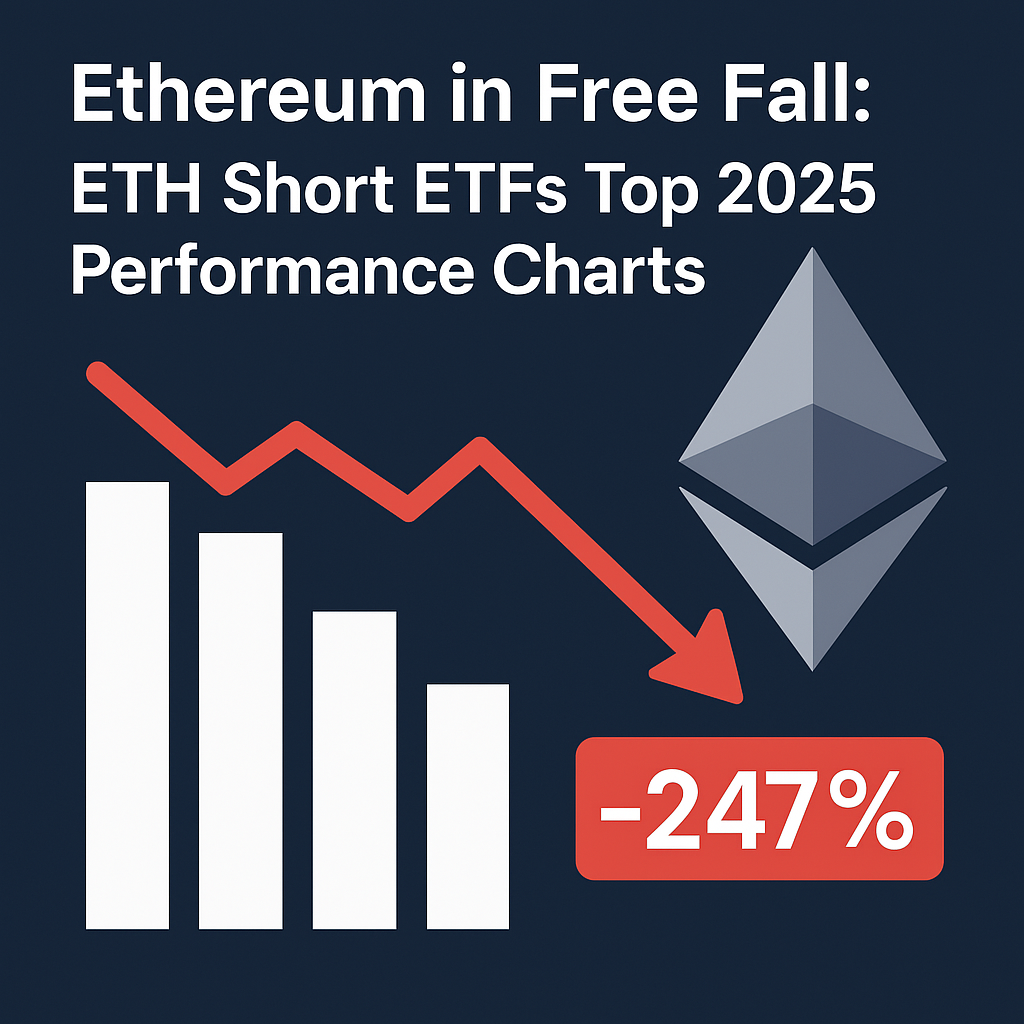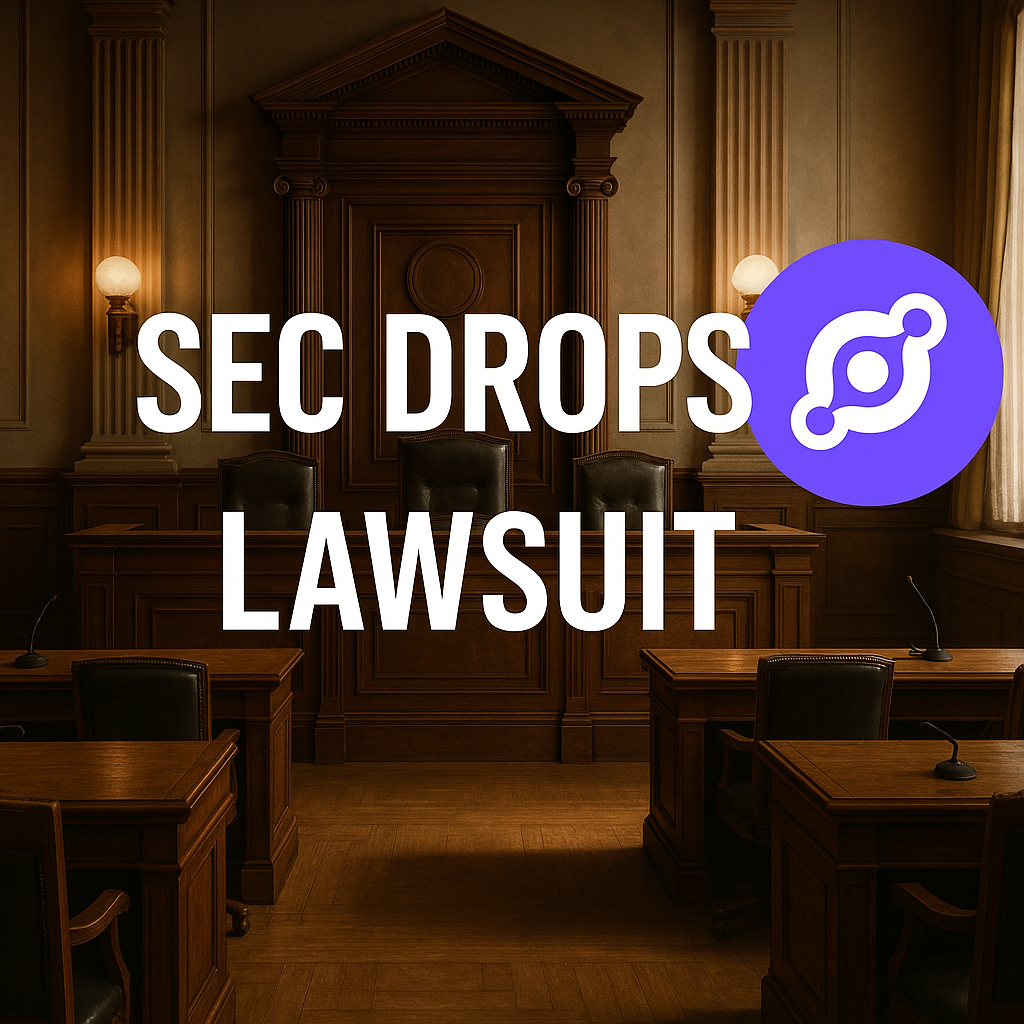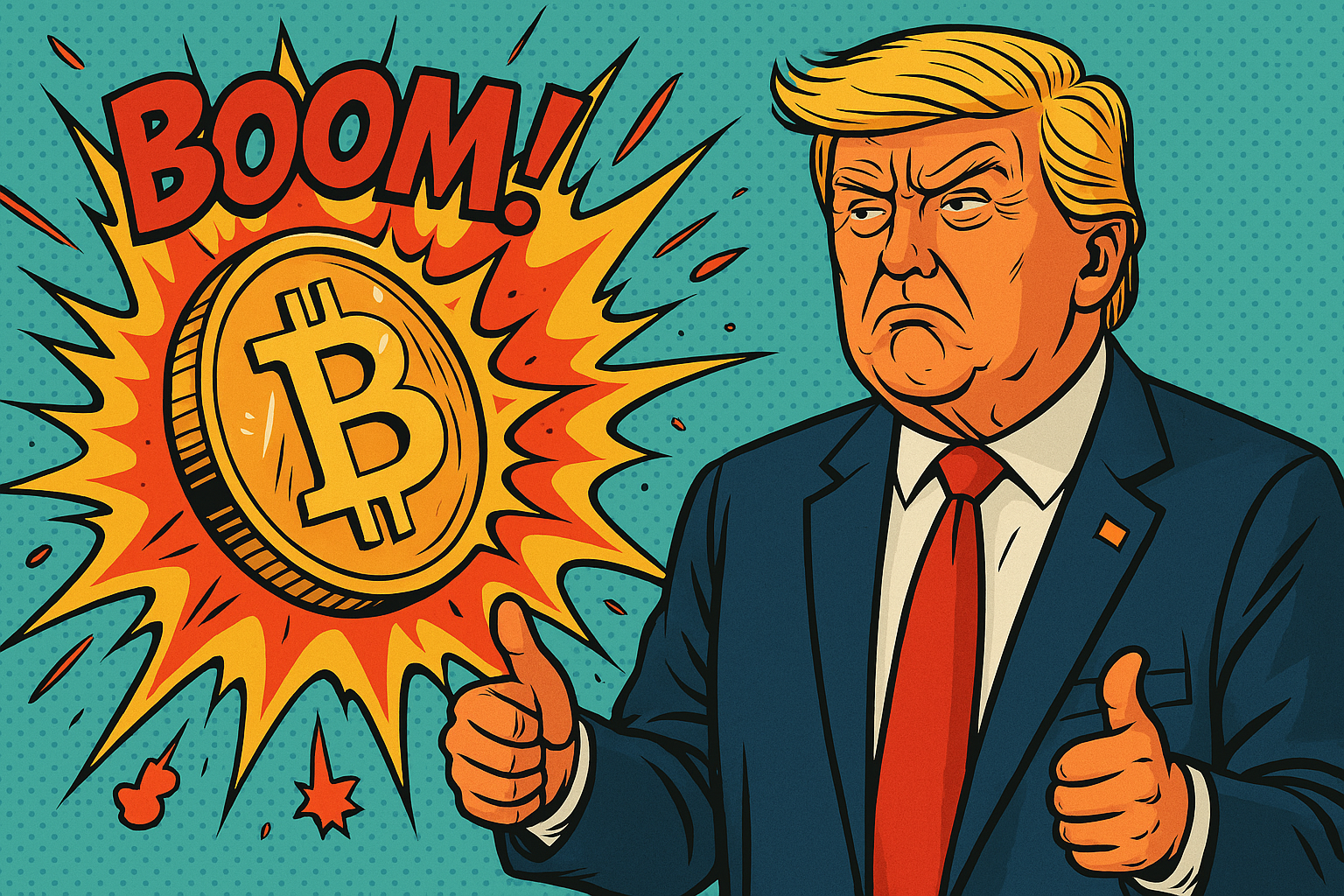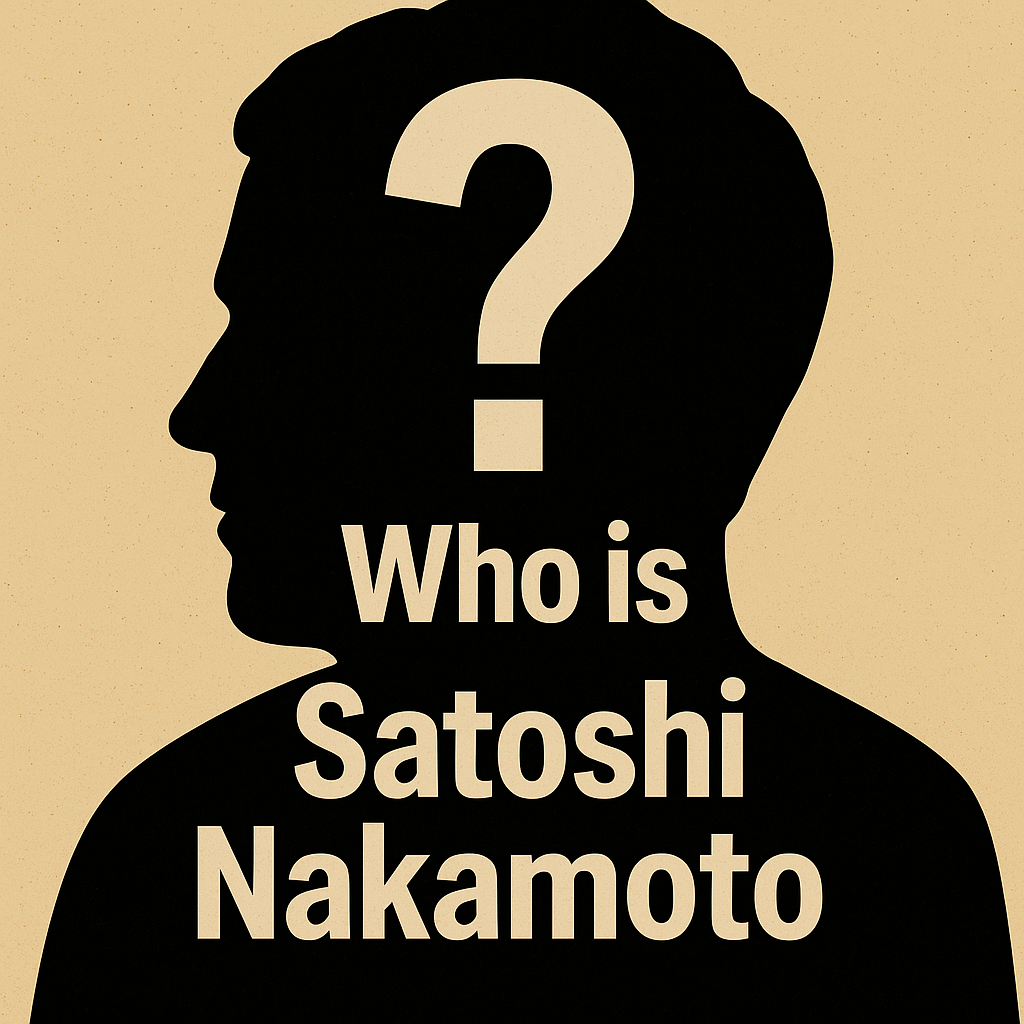Ethereum’s Price Drops Sharply – Short ETFs Dominate the Year
Ethereum (ETH), the world’s second-largest cryptocurrency by market capitalization, is struggling in 2025. While long-term holders cling to hopes of a recovery, short sellers are seeing massive gains. Short ETFs betting against Ethereum have become the best-performing ETF products of the year.
Bloomberg senior ETF analyst Eric Balchunas highlighted this development on April 9, 2025, via X (formerly Twitter):
“The best performing ETF this year is the -2x Ether ETF $ETHD, up 247%. #2 is the other -2x Ether ETF. I was sure it would be $UVIX (2x VIX), but that’s #3. Brutal.”
– Eric Balchunas (@EricBalchunas)
What Are Ethereum Short ETFs, and Why Are They Surging?
Short ETFs are financial instruments designed to profit from declining asset prices. Leveraged inverse ETFs, such as $ETHD and $ETHU, aim to deliver twice the inverse daily return of Ethereum. That means a 10% drop in ETH could result in a 20% gain for these ETFs.
Ethereum’s massive drop in 2025—from $3,300 in January to about $1,500 in April—has driven these short products to record returns. With performance gains of over 240%, they currently top ETF leaderboards globally.
Ethereum Hits 5-Year Low Against Bitcoin – What’s Driving the Crash?
Ethereum has been in a downward spiral since its all-time high of nearly $4,800 in November 2021. In April 2025, ETH is trading at its lowest level in over five years compared to Bitcoin, raising serious concerns about its long-term position in the crypto market.
Key Factors Behind Ethereum’s Poor Performance:
- Macro headwinds: High interest rates and regulatory uncertainty are scaring off institutional investors.
- Rising competition: Blockchains like Solana, Avalanche, and various Layer 2 rollups offer faster and cheaper alternatives.
- Stagnant development: Despite technical upgrades like the Merge, critics argue that Ethereum lacks momentum in real-world adoption.
- Declining DeFi and NFT activity: Ethereum’s once-dominant use cases are seeing diminished user engagement.
Ethereum Market Cap Still Strong – But Losing Ground
Despite the sell-off, Ethereum remains the second-largest cryptocurrency with a market cap of $191 billion. However, its dominance is shrinking. As of April 2025, Bitcoin commands about 55% of the total crypto market, while Ethereum has dropped to 15%.
What Should Investors Do Now?
For short-term traders, leveraged short ETFs like $ETHD have offered stellar returns. But for long-term ETH investors, it’s a critical moment: hold, sell, or pivot to new opportunities? Market sentiment remains bearish, and technical indicators suggest the downtrend could persist.
Conclusion: Ethereum Under Pressure – Short Strategies Win 2025 (So Far)
Ethereum’s sharp decline in 2025 has turned it from crypto darling to digital underdog. While short ETF investors are cashing in on the volatility, Ethereum’s long-term future remains uncertain. Whether this is a long-term shift or a painful market correction is still up for debate.




